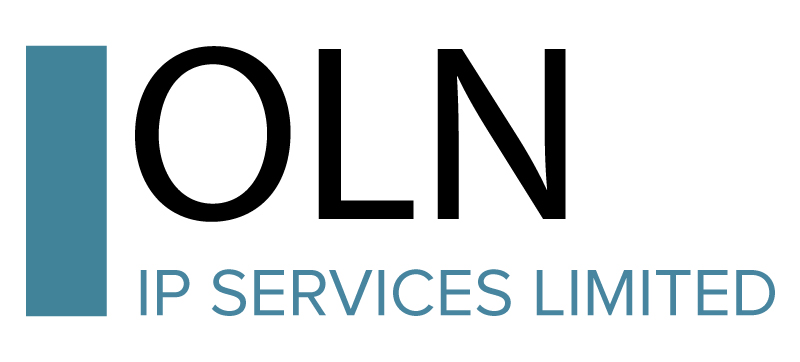Choosing the right forum for copyright infringement enforcement is crucial for effectively protecting your intellectual property. Here are some key considerations and factors to take into account:
1. Jurisdiction:
- Legal Authority: Ensure that the chosen forum has the legal authority to hear copyright cases. This typically involves selecting a court or tribunal with jurisdiction over copyright law.
- Location of Infringer: Consider where the alleged infringer is located. You may need to file in their jurisdiction, especially if they are not subject to your local laws.
- Location of the copyright owner : It is a strategic choice to choose the forum where the copyright owner is located or if the economic value of their creative works is realized here.
2. Type of Forum:
- Civil Courts: Most copyright infringement cases are filed in civil courts, where you can seek remedies like injunctions and damages. Hong Kong adopts an open system which does not require the claimant to be domiciled or incorporated in Hong Kong.
- Specialized IP Courts: Some jurisdictions have specialized intellectual property courts that handle copyright cases. These courts may have judges with more expertise in copyright issues. For instance, Beijing Internet Court can handle copyright disputes published online.
- Alternative Dispute Resolution (ADR): Consider mediation or arbitration as alternatives to court, which can be faster and less costly.
3. Reputation and Precedents:
- Judicial Reputation: Research the reputation of the courts or tribunals in handling copyright cases. Courts with a history of upholding copyright claims may be more favorable.
- Past Cases: Look at previous rulings in similar cases to gauge how the forum may handle your specific situation.
4. Public Relations:
- Impact on Brand: Consider the potential public relations implications of litigating in a particular forum, especially if the case may attract media attention.
- Community Perception: Be aware of how pursuing legal action may affect your relationship with customers, partners, and the creative community.
Choosing the right forum for copyright infringement involves a careful analysis of jurisdiction, legal frameworks, costs, and enforcement mechanisms. By weighing these factors, copyright holders can make informed decisions that best protect their intellectual property rights. Consulting with legal professionals experienced in copyright law can provide valuable insights and guidance tailored to your specific situation.
Effective copyright enforcement on Youtube :
1. Register Your Copyright:
- Formal Registration: While copyright protection is automatic upon creation, registering your work can strengthen your legal standing and make enforcement easier.
- In Hong Kong, a declaration made by the copyright owner is a prima facie evidence of copyright ownership.
- In China, copyright is recordable at the China Copyright Protection Centre.
2. Monitor for Infringement:
- Regular Checks: Regularly search YouTube for unauthorized use of your content. You can use keywords or specific phrases related to your works.
- Use Content ID: If eligible, consider using YouTube’s Content ID system, which automatically detects copyrighted material and can manage it accordingly.
3. Gather Evidence:
- Document Infringements: Take screenshots, note URLs, and gather details about the infringing content, including the date of upload and any relevant context.
4. Contact the Infringer:
- Direct Communication: Reach out to the uploader directly to inform them of the infringement and request the removal of the content. Many may comply if they are unaware of the violation.
5. File a DMCA Takedown Notice:
- Draft the Notice: If direct communication fails, prepare a DMCA takedown notice. Include:
- Your contact information.
- A description of the copyrighted work.
- A URL linking to the infringing content.
- A statement of good faith belief that the use is unauthorized.
- A declaration under penalty of perjury that the information is accurate.
- Submit the Notice: Use YouTube’s copyright complaint form to submit the takedown notice.
- In some cases, online service provider like Youtube may require the commencement of legal action as proof of ownership. In such case, a claimant in Hong Kong may opt to take out a writ to meet this requirement. The claimant may not serve the writ on the respondent. If the writ remains unserved within one year from the date of its filing, it will automatically expire without any consequences to the claimant.
6. Respond to Counter-Notices:
- If a Counter-Notice is Filed: Be prepared to respond if the uploader disputes the takedown. This may involve providing additional evidence to support your claim or considering legal action.
Conclusion
Enforcing copyright on YouTube requires vigilance, clear communication, and an understanding of the platform’s policies. By following these steps, copyright holders can take effective action against unauthorized use of their content.





